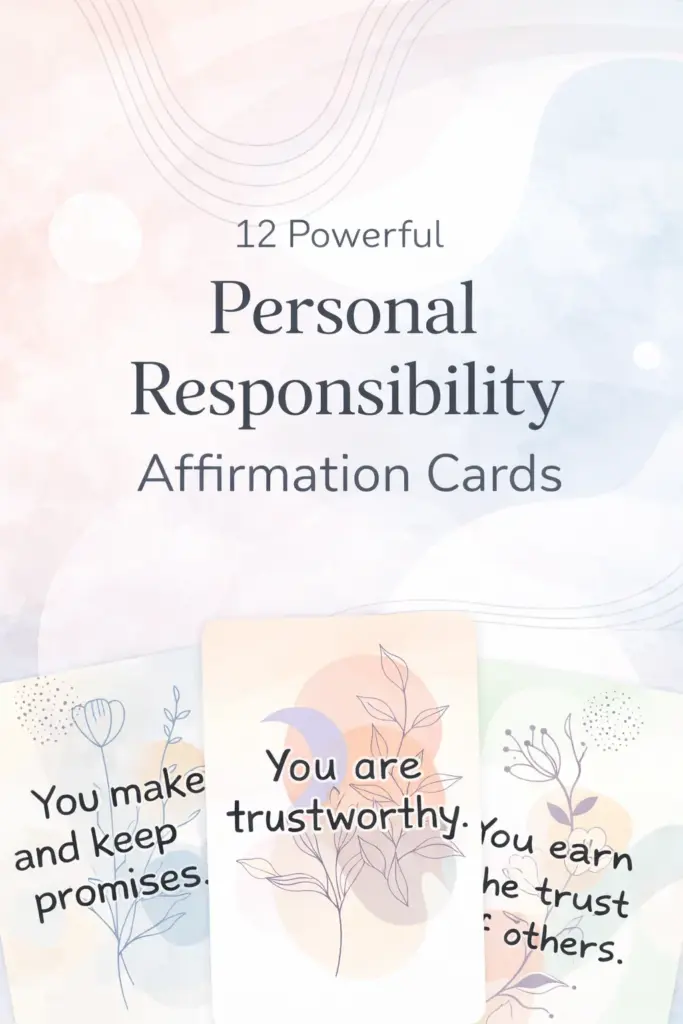Learn natural, science-backed strategies to manage stress daily. From breathwork to nutrition, discover the habits that support calm, focus, and resilience.
Introduction
In today’s fast-paced world, stress has become the norm, not the exception. From endless notifications and work deadlines to personal obligations and global uncertainty, your nervous system rarely gets a break.
But here’s the good news: You don’t need expensive treatments or prescriptions to find relief. With a few intentional habits, you can manage stress naturally and train your body and mind to respond with resilience instead of overwhelm.
This guide shares practical, science-backed habits you can start using today to stay calm, centered, and in control—naturally.
Why Managing Stress Matters
Chronic stress doesn’t just make you feel overwhelmed—it impacts nearly every system in the body, contributing to:
- High blood pressure and heart disease
- Weight gain or loss
- Weakened immune function
- Anxiety, depression, and brain fog
- Digestive issues and hormonal imbalances
When you learn to manage stress naturally, you can boost energy, clarity, mood, and even longevity.
Daily Habits to Manage Stress Naturally
1. Start Your Morning Without Screens
Why it helps: Checking your phone first thing triggers a cortisol spike. Starting slow with mindful routines can anchor your nervous system for the day.
Try this instead:
- Stretch or do light movement
- Drink warm lemon water or herbal tea
- Journal, meditate, or read for 5–10 minutes
2. Practice Deep, Intentional Breathing
Why it helps: Controlled breathing activates the parasympathetic nervous system, which calms your fight-or-flight response.
Try this technique:
- Box Breathing (used by Navy SEALs):
Inhale 4 sec → Hold 4 sec → Exhale 4 sec → Hold 4 sec → Repeat for 2–5 minutes
Studies show just 5 minutes of deep breathing can significantly lower cortisol and heart rate.
3. Move Your Body Daily
Why it helps: Physical activity increases endorphins, reduces stress hormones, and improves sleep and mood.
No gym needed:
- 20–30 min walk outside
- Home workout, yoga, or dance session
- Stretching while listening to music or a podcast
4. Eat to Support a Calm Mind
Why it helps: Your gut and brain are deeply connected (the gut-brain axis). Nutrient-dense foods reduce inflammation and stabilize mood.
Eat more of:
- Leafy greens, berries, fatty fish, fermented foods
- Magnesium-rich foods like avocado, dark chocolate, almonds
- Herbal teas like chamomile, lemon balm, or ashwagandha
Avoid:
- Excess caffeine, alcohol, processed sugar, and refined carbs
5. Set Boundaries and Say No
Why it helps: Overcommitting leads to burnout. Protecting your time and energy reduces resentment and anxiety.
Start small:
- Set a daily “tech curfew”
- Block time for breaks and unstructured rest
- Say “no” to non-essential obligations (without guilt)
6. Get Outside and Connect with Nature
Why it helps: Nature lowers blood pressure, reduces cortisol, and boosts mood. Even 10–15 minutes makes a difference.
Try:
- Walk barefoot on grass (grounding)
- Sit under a tree or near water
- Garden or tend to plants
7. Create a Wind-Down Ritual
Why it helps: Consistent evening routines signal the body to relax and prepare for restful sleep.
Try:
- Dim lights and power down screens 1 hour before bed
- Take a warm bath with Epsom salt or essential oils
- Practice gentle stretches or gratitude journaling
8. Connect with People Who Recharge You
Why it helps: Positive social interaction increases oxytocin—a powerful stress-reducing hormone.
Ideas:
- Call a friend or family member
- Join a class or interest group
- Spend quality time with pets
Connection is a natural antidote to stress and loneliness.
Bonus: Natural Stress Support Supplements
(Use under the guidance of a healthcare provider)
- Ashwagandha: Adaptogen that lowers cortisol
- Magnesium Glycinate: Calms the nervous system and improves sleep
- L-Theanine: Found in green tea, promotes calm without drowsiness
- Rhodiola Rosea: Supports energy and resilience during stress
Final Thoughts
You can’t always eliminate stress—but you can train your body and mind to handle it better. With consistent, intentional habits, you’ll feel more grounded, focused, and in control.
Start small. Choose one or two practices from this list and build from there. Your calm, resilient self is within reach—naturally.




Pingback: Neurocosmetics 101: How Your Skin and Emotions Are Connected - DIY Live Life